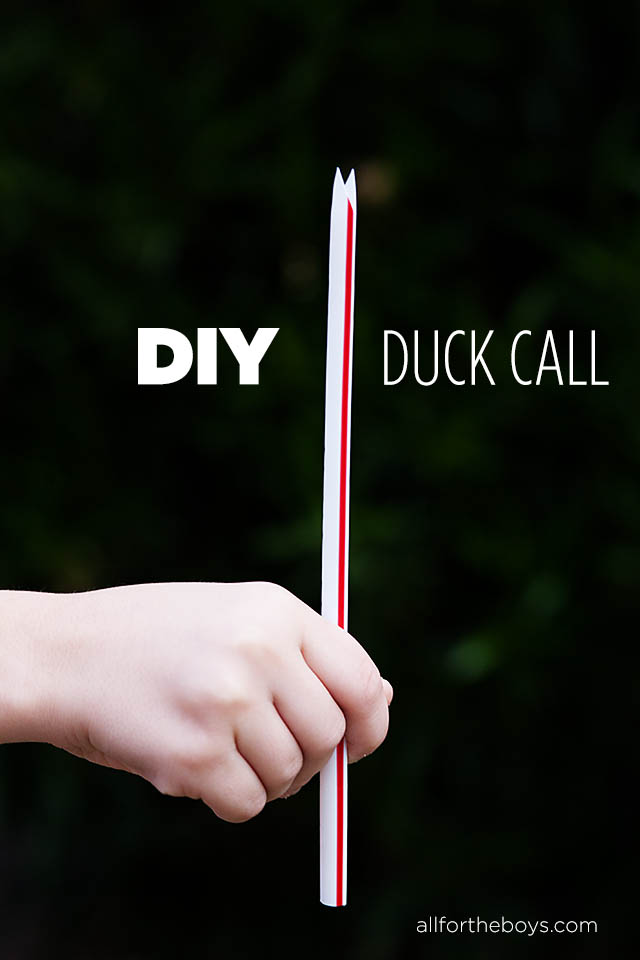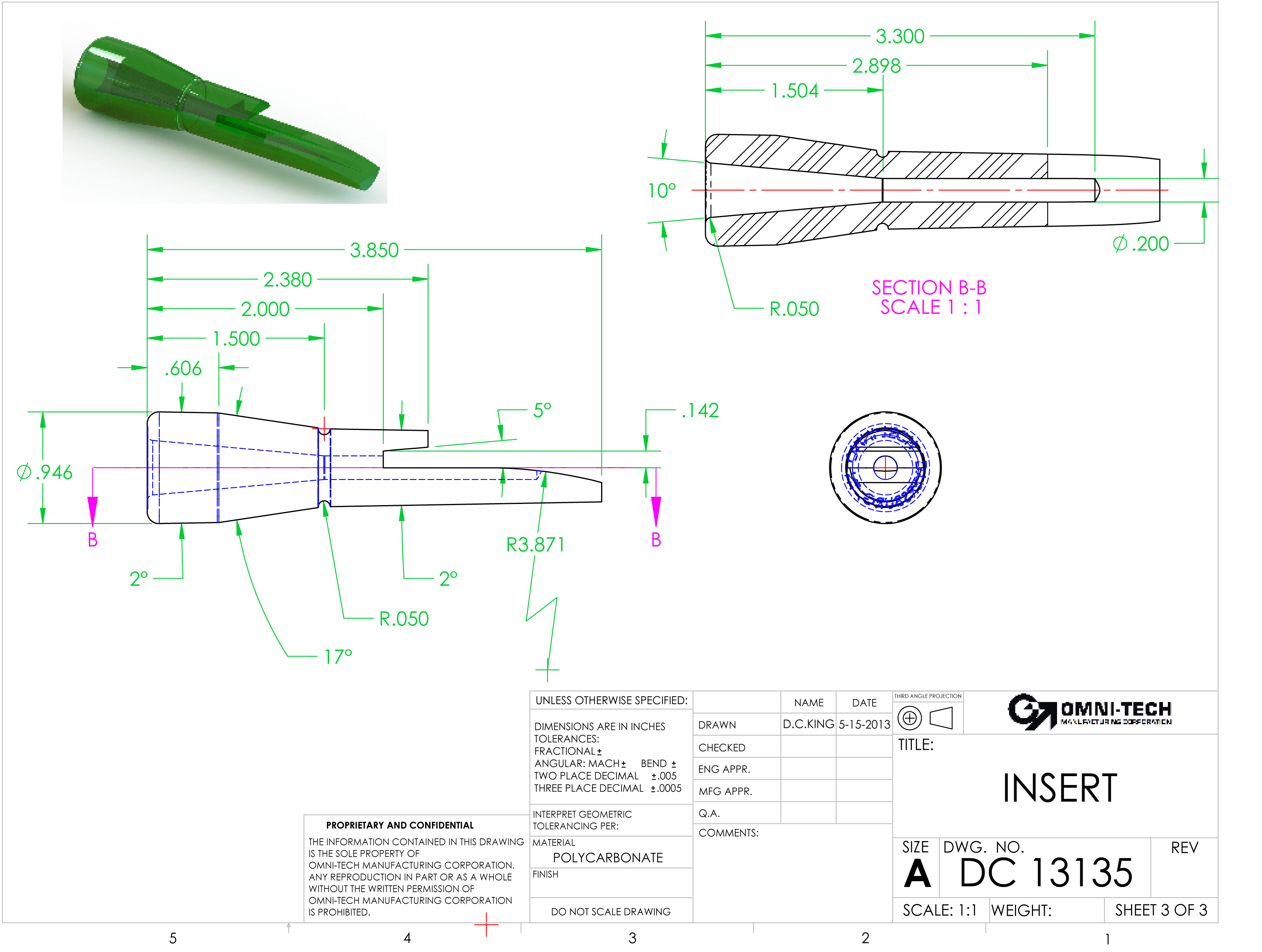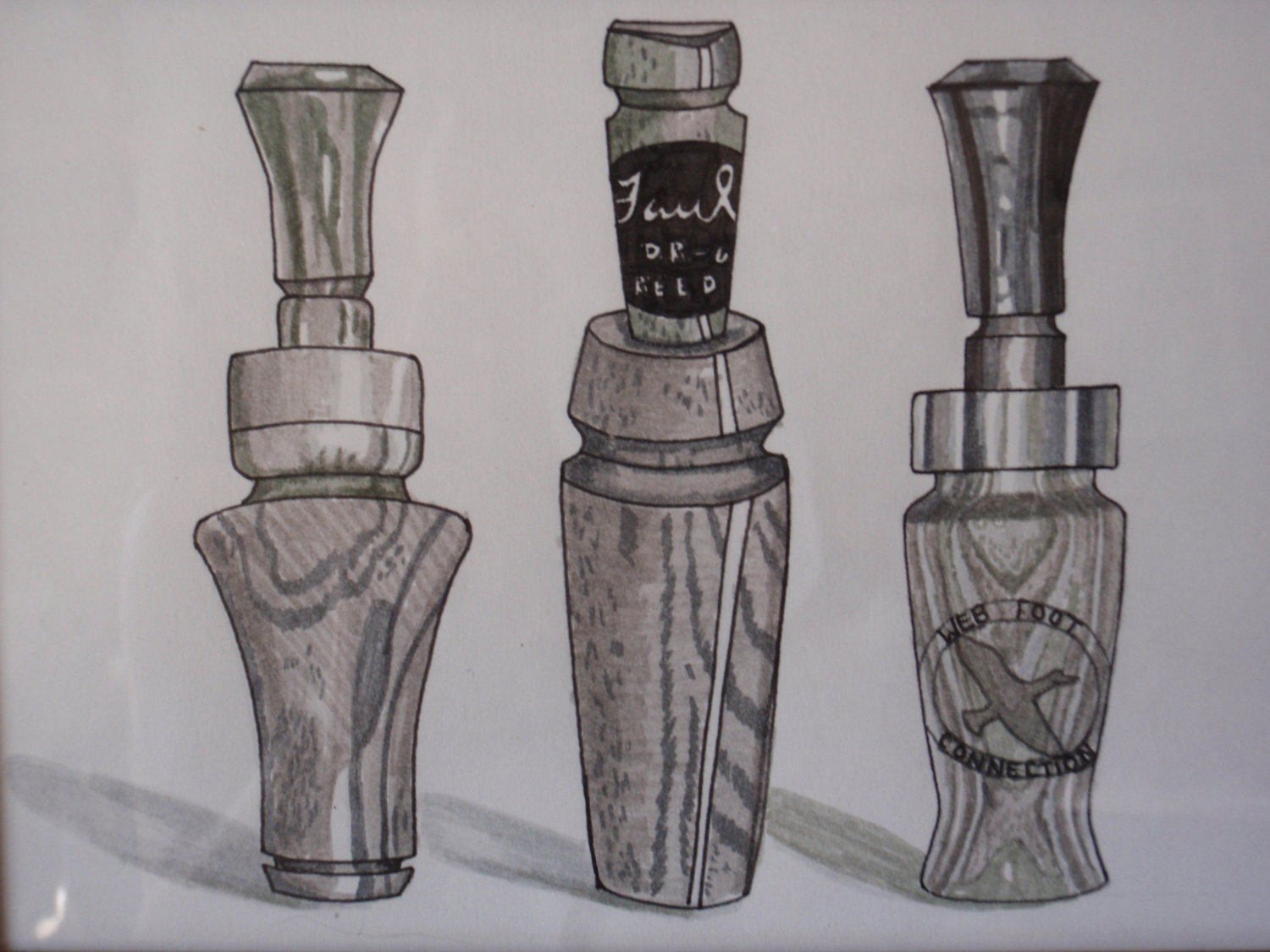Duck calling is an art that has fascinated hunters and wildlife enthusiasts for decades. Whether you're a seasoned hunter or just starting out, mastering the art of duck calling can significantly enhance your outdoor experience. This guide will walk you through the essentials of how to duck call, providing step-by-step instructions, tips, and expert advice to help you become a pro.
Learning how to duck call is more than just mimicking the sound of ducks; it's about understanding their behavior, communication, and habitat. This knowledge will not only improve your hunting skills but also deepen your appreciation for nature. As you delve deeper into this guide, you'll discover how to select the right duck call, practice various calls, and refine your technique.
Whether you're hunting for sport or simply enjoying the thrill of connecting with wildlife, mastering duck calling can be an incredibly rewarding experience. By the end of this article, you'll have all the tools and knowledge you need to create realistic duck calls and attract ducks to your location.
Read also:Aisha Sofey Erome A Rising Star In The Entertainment Industry
Table of Contents:
- Biography of Duck Calling
- Selecting the Right Duck Call
- Understanding Duck Behavior and Communication
- Types of Duck Calls
- Practicing Duck Calls
- Tips and Techniques for Effective Duck Calling
- Common Mistakes to Avoid in Duck Calling
- Essential Equipment for Duck Calling
- Gaining Field Experience in Duck Calling
- Conclusion
Biography of Duck Calling
Duck calling has a rich history that dates back to the early days of hunting. It began as a simple way for hunters to attract ducks and has since evolved into a sophisticated skill that requires practice and dedication. Over the years, advancements in technology and materials have transformed the tools used in duck calling, making it more accessible and effective for enthusiasts.
Today, duck calling is not only a vital part of hunting but also a popular hobby for many. The art of creating realistic duck calls has captivated people worldwide, leading to the development of various techniques and styles. Whether you're a beginner or an experienced caller, understanding the origins and evolution of duck calling can provide valuable insights into mastering the skill.
History and Development
The history of duck calling is closely tied to the development of hunting practices. Initially, hunters relied on natural materials such as wood and reeds to create simple duck calls. Over time, advancements in manufacturing techniques have allowed for the production of high-quality calls that mimic the sounds of ducks with remarkable accuracy.
Selecting the Right Duck Call
Choosing the right duck call is crucial for successful duck calling. The type of call you select will depend on various factors, including your skill level, hunting environment, and personal preference. Here are some key considerations when selecting a duck call:
- Material: Duck calls can be made from wood, acrylic, or polycarbonate. Each material has its own unique sound and durability.
- Type: There are two main types of duck calls: single-reed and double-reed. Single-reed calls are louder and more versatile, while double-reed calls produce a softer, more natural sound.
- Purpose: Consider the specific purpose of your duck call. Are you hunting in open water or wooded areas? Different environments may require different types of calls.
Factors to Consider
When selecting a duck call, it's important to consider factors such as sound quality, ease of use, and durability. Testing different calls and experimenting with various techniques can help you find the perfect call for your needs.
Read also:Remote Iot Batch Job Example Revolutionizing Data Processing In The Iot Ecosystem
Understanding Duck Behavior and Communication
To effectively duck call, it's essential to understand duck behavior and communication. Ducks use a variety of sounds to communicate with each other, and mastering these sounds can significantly improve your success rate. Here are some key aspects of duck behavior and communication:
- Quack: The most common sound associated with ducks, used for attracting attention and signaling location.
- Feed Call: A softer, repetitive call used to mimic the sound of ducks feeding.
- Alarm Call: A loud, sharp call used to warn other ducks of potential danger.
Communication Patterns
Ducks have distinct communication patterns that vary depending on the species and environment. Understanding these patterns can help you create more realistic and effective duck calls. Observing ducks in their natural habitat can provide valuable insights into their behavior and communication.
Types of Duck Calls
There are several types of duck calls, each designed to mimic specific sounds made by ducks. Familiarizing yourself with these calls and practicing them regularly can enhance your duck calling skills. Here are some common types of duck calls:
- Hail Call: A long, loud call used to grab the attention of distant ducks.
- Feed Call: A softer, repetitive call used to mimic the sound of ducks feeding.
- Lure Call: A call used to entice ducks to come closer.
Practicing Different Calls
Practicing different types of duck calls is essential for developing a versatile and effective calling technique. Start by mastering the basic calls and gradually work your way up to more complex sounds. Recording your practice sessions and listening to them can help you identify areas for improvement.
Practicing Duck Calls
Like any skill, mastering duck calling requires practice and dedication. Setting aside time each day to practice your calls can significantly improve your proficiency. Here are some tips for effective practice:
- Consistency: Practice regularly to build muscle memory and improve your technique.
- Variety: Experiment with different calls and techniques to expand your repertoire.
- Feedback: Seek feedback from experienced callers to refine your skills.
Improving Your Technique
Improving your duck calling technique involves more than just practicing regularly. It also requires a willingness to learn from others and adapt your approach based on feedback. Joining a local hunting club or attending workshops can provide valuable opportunities to learn from experienced callers.
Tips and Techniques for Effective Duck Calling
Mastering the art of duck calling involves more than just mimicking the sounds of ducks. It requires a deep understanding of their behavior and communication patterns, as well as the ability to adapt your technique to different environments and situations. Here are some tips and techniques for effective duck calling:
- Patience: Be patient and persistent in your calling efforts. Ducks may take time to respond, so it's important to remain calm and focused.
- Variety: Use a variety of calls to mimic the sounds of a flock of ducks. This can make your calls more convincing and effective.
- Environment: Consider the environment when calling. Adjust your technique based on factors such as wind direction and water conditions.
Adapting to Different Situations
Being able to adapt your duck calling technique to different situations is key to success. Whether you're hunting in open water or wooded areas, understanding how to adjust your approach can make a significant difference in your results.
Common Mistakes to Avoid in Duck Calling
Even experienced duck callers make mistakes from time to time. Avoiding common pitfalls can help you improve your skills and increase your success rate. Here are some common mistakes to avoid:
- Overcalling: Calling too frequently or loudly can scare ducks away. Practice restraint and use calls sparingly to avoid alarming your prey.
- Inconsistent Tone: Maintaining a consistent tone is crucial for creating realistic duck calls. Practice regularly to develop a smooth and natural sound.
- Ignoring Behavior: Ignoring duck behavior and communication patterns can lead to ineffective calls. Observe ducks in their natural habitat to better understand their sounds and behaviors.
Avoiding Overcalling
Overcalling is one of the most common mistakes made by novice duck callers. It's important to use calls judiciously and in response to the behavior of the ducks you're targeting. Observing their reactions and adjusting your technique accordingly can help you avoid overcalling.
Essential Equipment for Duck Calling
Having the right equipment is essential for successful duck calling. In addition to a high-quality duck call, there are several other tools and accessories that can enhance your experience. Here are some essential pieces of equipment for duck calling:
- Call Maintenance Kit: A kit for cleaning and maintaining your duck call can help prolong its lifespan and ensure optimal performance.
- Carrying Case: A durable carrying case can protect your duck call and keep it organized during transport.
- Instructional Materials: Books, videos, and online resources can provide valuable guidance and tips for improving your duck calling skills.
Maintaining Your Duck Call
Proper maintenance of your duck call is crucial for ensuring its longevity and performance. Regular cleaning and inspection can help prevent damage and keep your call in top condition. Consult the manufacturer's guidelines for specific maintenance recommendations.
Gaining Field Experience in Duck Calling
Gaining field experience is an essential part of becoming a proficient duck caller. Spending time in the field allows you to apply your skills in real-world situations and learn from experienced hunters. Here are some ways to gain valuable field experience:
- Join a Hunting Club: Joining a local hunting club can provide opportunities to learn from experienced callers and participate in group hunts.
- Attend Workshops: Attending workshops and seminars can help you refine your skills and stay up-to-date on the latest techniques and technologies.
- Practice in the Field: Practice your calls in the field to gain hands-on experience and develop your technique in real-world conditions.
Learning from Experienced Callers
Learning from experienced duck callers can accelerate your progress and provide valuable insights into the art of duck calling. Observing their techniques and seeking their guidance can help you develop a deeper understanding of the skill and improve your performance.
Conclusion
Mastering how to duck call requires a combination of knowledge, practice, and experience. By understanding duck behavior, selecting the right equipment, and refining your technique, you can become a skilled and effective duck caller. Remember to practice regularly, seek feedback from experienced callers, and adapt your approach based on the environment and situation.
We encourage you to share your thoughts and experiences in the comments section below. Your feedback can help others improve their skills and enjoy the thrill of duck calling. Don't forget to explore our other articles for more tips and advice on outdoor activities and hunting techniques.


